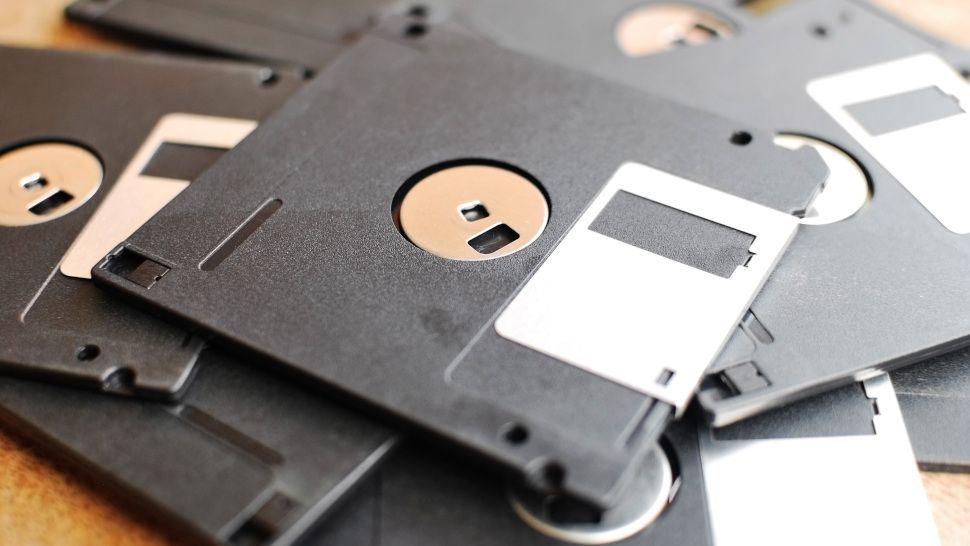In a major step toward modernization, the Japanese government has phased out the use of floppy disks in all of its systems.
The achievement comes two to three decades after the technology's heyday and marks a key milestone in Japan's ongoing drive to digitize and streamline government operations.
By mid-June, the Digital Agency had successfully abolished 1,034 regulations governing the use of floppy disks, retaining only one environmental regulation related to vehicle recycling.
Floppy disks are already extinct in Japan
The floppy disk, an iconic tool used in early computers until the 2000s, is at least partially alive as the widely recognized symbol for saving a document.
While advancements have seen CDs, DVDs and USBs come and go (to some extent) to make way for the cloud, floppy disks continued to be used in Japan for their numerous benefits. They are known for their reliability and stability, and are also less pirateable than more modern solutions.
The eradication of floppy disks follows the creation of the Digital Agency, which was tasked with creating a more efficient government framework fit for the digital age. Taro Kono, Japan’s Minister of Digital Transformation and head of the Agency, has been at the forefront of the country’s digitalisation efforts since taking office in August 2022.
Speaking to ReutersKono said: “We won the war against floppy disks on June 28!”
However, despite these advances, Japan’s path to full digitalisation has faced numerous challenges. The failure of a contact tracing app during the pandemic and the slow adoption of the My Number digital ID card have highlighted these issues.
But with Kono at the helm, Japan's ambitious plans to phase out less efficient systems could see the progress they need.









